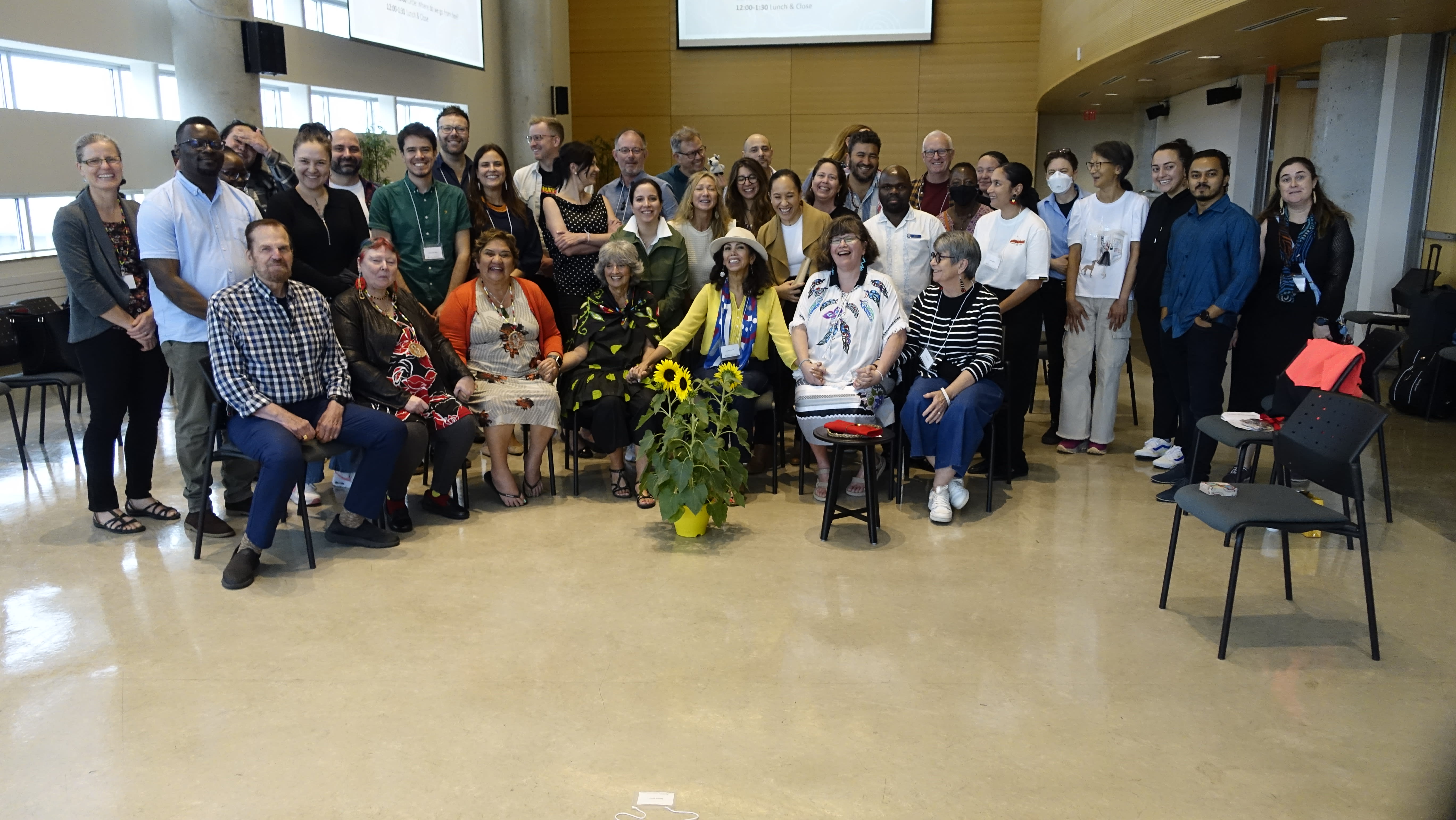Yao Yao was hired last July as an assistant professor of organizational behaviour and human resources at the Telfer School of Management. She completed her PhD in industrial relations and human resources at the University of Toronto. We interviewed her to learn more about her research interests in industrial relations.
Why did you choose to study industrial relations and human resources?
I have always been fascinated by the interplay among different actors in complex systems. Industrial relations is one such system where employees, labour unions, employers and the state interact to strike a balance among their interests. It is also a practical field that concerns real-world problems relatable to workers, such as changes in the labour markets and employee voices in the workplaces.
How has your PhD training informed your current research program?
Industrial relations is known for its relations to different disciplines: organizational theory, organizational behaviour, labour economics and sociology. In my PhD training, I was exposed to different theoretical and methodological approaches for dealing with the same issues. This experience helped shape my current openness to using various perspectives to construct research questions and using different methods to answer various research questions. This openness and flexibility in my research has enabled me to converse with different disciplines.
Do you have any new research highlights or interesting publications in the pipeline that you are excited about?
My research interest revolves around the conflicts between the old norms in the workplaces and changes introduced by technological innovations. For instance, one of my recent publications in the British Journal of Industrial Relations, entitled “Uberizing the Legal Profession? Lawyer Autonomy and Status in the Digital Legal Market,” looked at how online platform work, which is known for its quick turnaround, low pay and customer review systems, is impacting lawyers, who are known to enjoy high pay, high social status and autonomy at work. This study shows the struggles professional workers may have to face when platform-based work extends to a wide range of occupations.
How can your research influence businesses in Canada?
Digital transformation will be an irreversible trend in the next few decades. My research seeks to generate a better understanding of the impact of digital innovations in the workplaces. This new knowledge about the digital transformation of different occupations can help prepare Canadian workers and policymakers for heightening digitalization in the 2020s. To get ready for the future of work, our students, as the next generation of workers, managers and policymakers, must keep updating their skillsets and mindsets to excel in the digital era.












